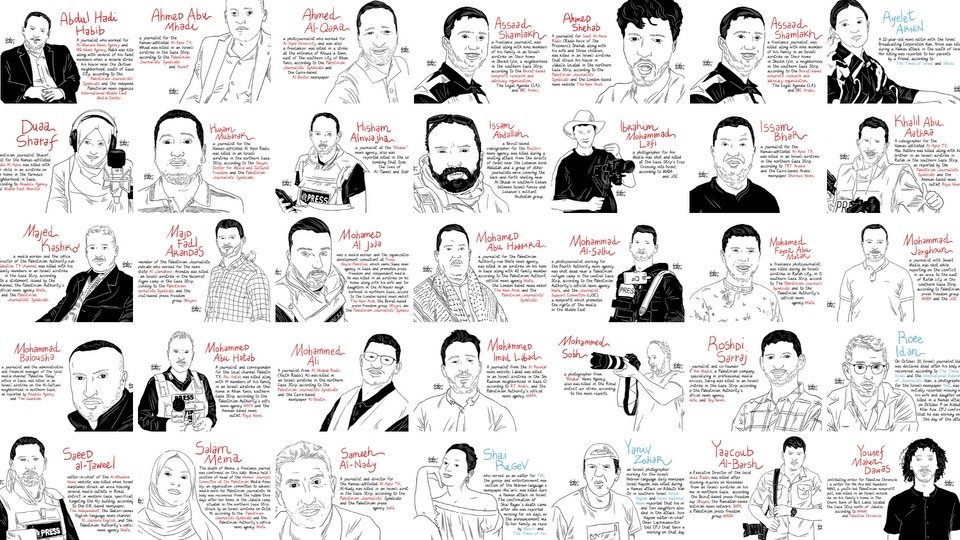Allah SWT tells us in the holy Quran (2:153)
وَلَا تَقُولُوا۟ لِمَن يُقْتَلُ فِى سَبِيلِ ٱللَّهِ ﷽أَمْوَٰتٌۢ ۚ بَلْ أَحْيَآءٌۭ وَلَـٰكِن لَّا تَشْعُرُونَNever say that those martyred in the cause of Allah are dead—in fact, they are alive! But you do not perceive it.
Understandning Martyrdom within Islam
Martyrdom is a cornerstone of Palestinian resistance, especially in Gaza. It represents the ultimate act of bravery, honor, and personal sacrifice in the fight for Palestinian liberation, deeply intertwined with Islam.
Martyrs are celebrated as enduring symbols of struggle and resistance, inspiring those who continue the fight. Gaza’s martyrs include courageous journalists who bear witness to the occupation's horrors, activists and leaders who tirelessly advocate for Palestinian liberation, ordinary citizens enduring constant bombardment by the Zionist regime, and resistance fighters confronting a violent enemy.
This commitment to martyrdom is deeply embedded in Palestinian identity, as many who resist the occupation seek martyrdom for the sake of their faith and homeland.
The Honor of Martyrdom
As Allah SWT says in the Qur'an,
"And do not say about those who are killed in the way of Allah, 'They are dead.' Rather, they are alive, but you perceive [it] not." (Qur'an 2:154).
This verse conveys a profound message about the nature of martyrdom and the afterlife. It instructs believers not to view those who have sacrificed their lives in the cause of Allah as merely deceased. Instead, it reveals a deeper spiritual truth: those martyrs are alive in a state that is beyond ordinary human perception. This divine assurance highlights that their sacrifice is not in vain but rather elevates them to a higher, more honorable existence
Misrepresentation of the Palestinian Martyr
Zionists have weaponized Islamophobia by creating a negative connotation around the word "martyr," associating it with terrorism and extremism due to their anti-Muslim agenda. They propagate the notion that Palestinian martyrs, who are revered for their ultimate sacrifice in the struggle for liberation, are instead part of a broader, sinister agenda against "Western civilization," thus undermining their genuine acts of bravery and resistance.
This misrepresentation serves to delegitimize Palestinian resistance and frame their struggle for justice as a threat, manufacturing an environment of fear and hate against Muslims. This strategy aligns with historical patterns of scapegoating and conspiratorial thinking, where marginalized groups are portrayed as a unified, hostile force. The portrayal of Palestinian martyrs as aggressors rather than defenders distorts their true role and sacrifices, fueling anti-Muslim sentiments and justifying oppressive measures against them. This approach not only vilifies individuals fighting for their homeland but also exacerbates divisions and perpetuates injustice.
In addition to recognizing martyrdom's significance, we must address how Zionists have weaponized the term due to their Islamophobia. Palestinians like Ismail Haniyeh, Ibraheam Nabulsi, and Ismail Al Ghoul exemplify the spirit of resistance and the sacrifices made toward liberation. Our martyrs, our imprisoned, our freedom fighters have made the most significant sacrifice for our homeland—centering their voices and raising their demands is an obligation amongst every advocate for Palestine.

